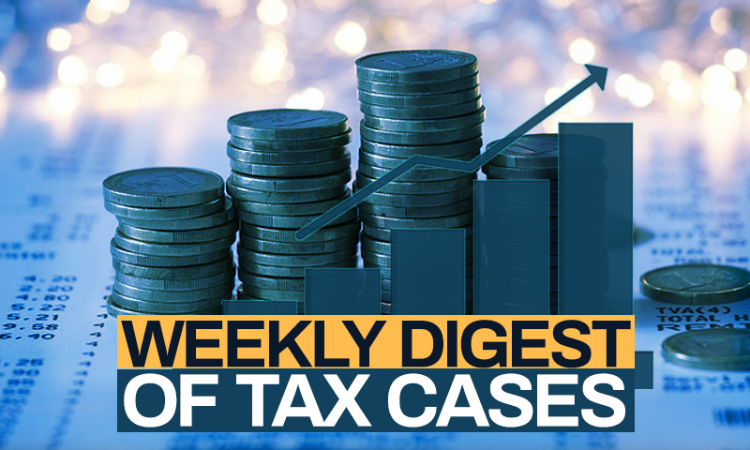Tax Cases Weekly Round-Up: 11 September To 17 September, 2022
Mariya Paliwala
18 Sept 2022 7:47 PM IST

Next Story
18 Sept 2022 7:47 PM IST
Supreme Court Disputes Related To Tax Concessions Are Not Arbitrable: SupremeCourt Case Title: M/s Shree Enterprise Coal Sales Pvt Ltd. Versus Union Of India Citation: 2022 LiveLaw (SC) 774 The Supreme Court has held that disputes related to tax concessions are not arbitrable. The division bench of Justice Dhananjaya Y Chandrachud and Justice Hima Kohli has observed that...
